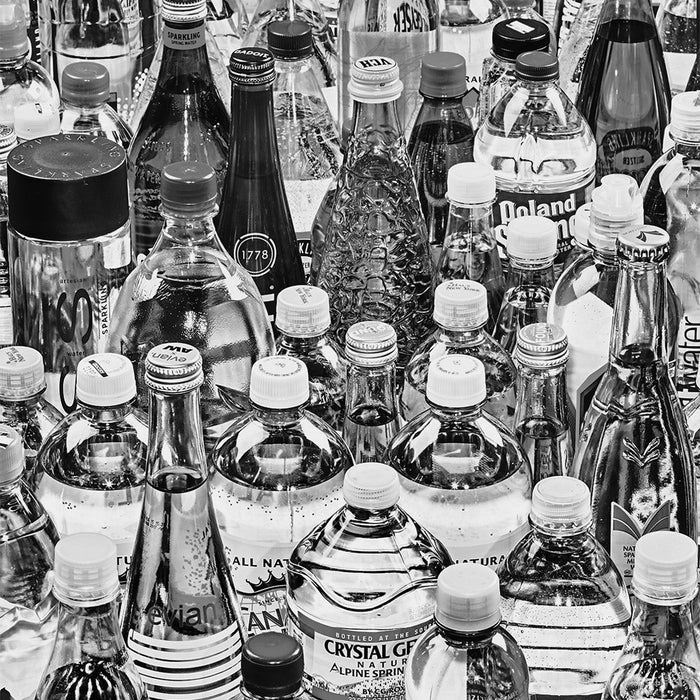There's no question that the year 2020 has been one for the books. Every day feels like a new challenge, and it’s okay to take a step back from all the problem-solving. But if you're like us, and feel motivated by the changes that are taking place, there's still a lot that can happen this year and a lot that we can do.

Photo: "Catch of the Day," Surfrider Foundation
Plastic Free July is here, the annual pledge to reduce single-use plastics. Over 250 million people took part in the challenge last year. Some relinquished ordering takeout, others organized beach cleanups. But with the global health crisis and COVID-19 on the rise, both will be much harder, if not impossible, to do this year. So what can we do instead?
The answer is safe and sustainable: support policy change.
Except for policies that have been reversed in favor of big companies, laws benefit the people, and for generations to come. This month, an advocacy group seeking to reduce plastic pollution around the world called the Plastic Pollution Coalition (PPC), has created free resources with actionable steps we can all take from the safety of our homes. Here are three petitions organized by the PPC that are gaining traction, and could use our help!
Stop the Plastics Industry Association from convincing the U.S. Department of Health that single-use plastics are the only germ-free solution in a post-pandemic world. In a recent article published in the New England Journal of Medicine, both doctors and scientists represented by the CDC and NIH found that, out of five different materials, such as copper and cardboard, plastic was the material that the novel coronavirus lasted the longest on.

Photo: "Plastic Bag Free Day" Campaign, Plastic Bag Free World
Support the Break Free From Plastic Pollution Act of 2020 (Senate Bill 3263, HR 5845). If passed, starting January 1, 2022, the bill will begin phasing out single-use plastics and set aside cash for the government to provide incentives to citizens who reduce their plastic consumption. The money would also be directed to creating programs to give back to consumers for returning containers while taxing carryout bags.

Photo: "Invisibles: The Plastic Inside Us," Orb
Tell your representatives to protect our drinking, tap, and bottled water from microplastics. Downstream, plastic waste, synthetic fibers, microbeads, and other materials are deposited into our oceans and sources of drinking water. Toxic chemicals eventually make their way from these products into our bodies, which is the last place any of us want them to be.
A little goes a long way when it comes to petitioning.
Maine became the first state in 1991 to adopt mandatory recycling programs for retail stores. Since then, seven other states have followed suit with their own environmental policies, banning single-use plastic bags, and more. In 2019, New York decided to ban plastic bags by law, while taxing paper bags to support the Environmental Protection Fund, focused on “protecting the environment while enhancing communities.”
In the past, the United States has had a slow but steady resolve in embracing legislation that positively impacts environmental and human health by reducing plastic consumption. This work should not be undone, especially when health experts promote the safety of reusables and other alternatives to plastic.

Photo: Subliming.jpg and Itslemonwater on Instagram
Now's the time. Speaking up about these causes is more important than ever as plastic bans come under attack by industry lobbyists.
Let's use our voices to petition and vote for lasting change.
When it comes to lawmaking, change may not happen overnight. But our actions serve as a symbol of hope for future generations, reminding us of what it takes to truly make a change.
Stay updated with more Plastic Free July ideas and other ways to contribute at www.plasticfreejuly.org.
